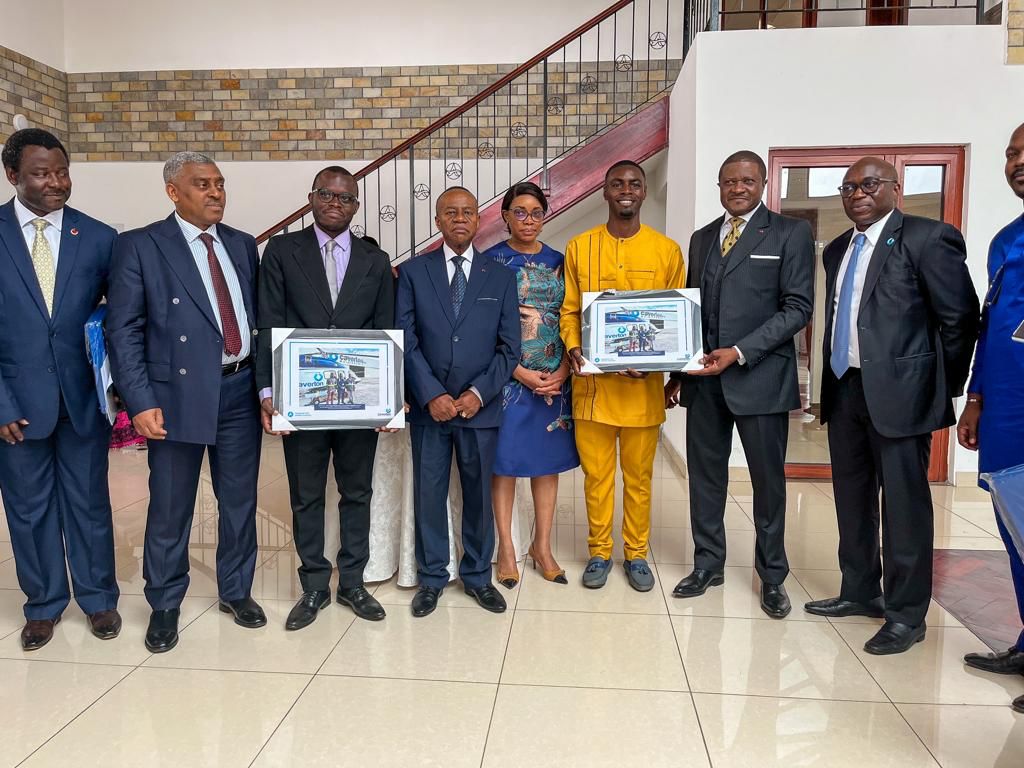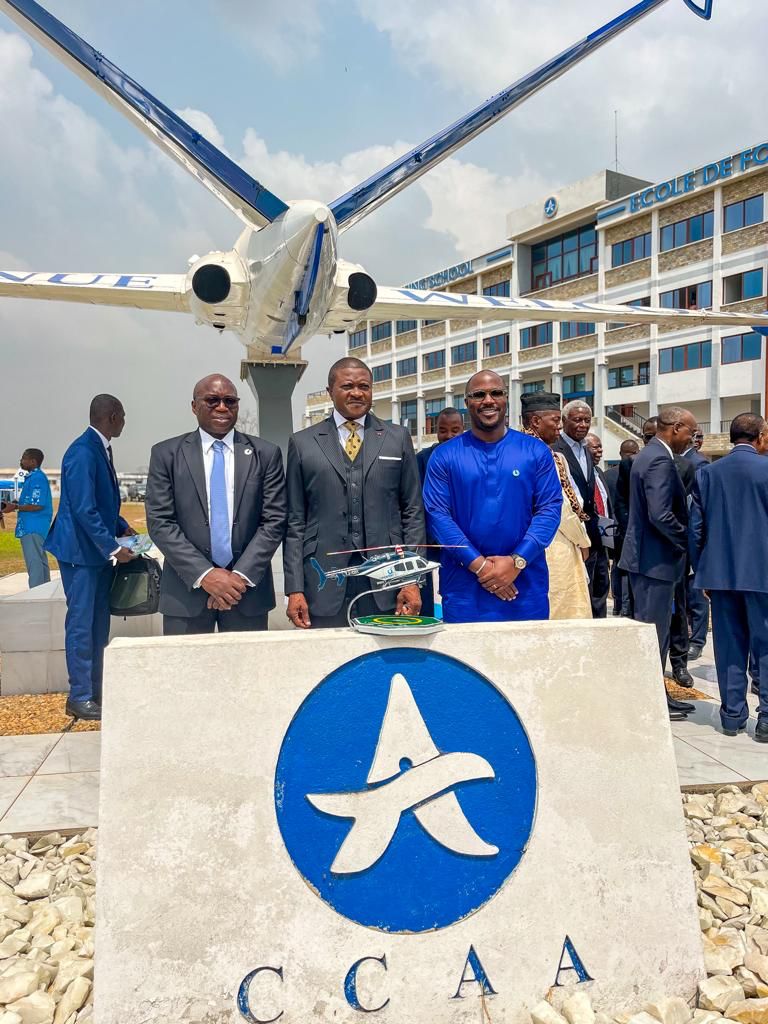Read more
The race to host the headquarters of the Africa Energy Bank, a new institution aimed at financing the continent’s energy sector, is heating up as seven countries compete to meet the criteria before the end of March. The bank, which is expected to launch by June 30, 2024, is an initiative of the African Petroleum Producers Organization (APPO), a group of 18 oil and gas producing nations. The bank will have an initial share capital of $5 billion, and each member country of APPO is invited to subscribe $83.3 million, according to Omar Farouk Ibrahim, the secretary general of APPO. The criteria to host the headquarters are: having an office building available, subscribing to the share capital of the bank, and signing a host government agreement, Ibrahim said at the Nigeria International Energy Summit in Abuja on Tuesday. The seven countries that are in the running are Algeria, Egypt, Nigeria, Ghana, South Africa, Benin Republic, and Côte d’Ivoire. “This is a real competion,” Ibrahim said. Ghana has been very aggressive in pursuing the bid and has met some or is working hard to meet all of the criteria, he noted. Nigeria, however, feels that it deserves to host the bank, as it had initially wanted to host the APPO headquarters, which went to Brazzaville, Congo. The bank is part of APPO’s vision to create a new model for financing and growing the African energy industry. Ibrahim invited all stakeholders who believe in the role of oil and gas in providing a global energy mix to partner with APPO in its projects, which include the bank, the regional centers of excellence, and the provision of cross-border and regional energy infrastructure. The bank is open to investors from outside APPO and Africa, but not just to anyone, Ibrahim said. He said that APPO would ensure that the bank is not influenced by any political or ideological agenda and remains committed to a sustainable development of African hydrocarbons resources. The final decision on the headquarters will be made by the APPO council of ministers, which is expected to meet before the end of March.
Transoceanic Gas & Power has announced the start of pre-FEED work for a new 3 million tons per annum (mtpa) floating LNG (FLNG) project offshore Nigeria, in cooperation with Wison New Energies and NMDPRA. The company seeks to develop an offshore gas hub around OPL 289, an offshore license located next to the Pennington terminal. It wants to monetise some 500 MMscf/d of stranded offshore and swamp gas resources to produce 3 mtpa of LNG for the export market, 150,000 metric tonnes per annum (tpa) of LPG for the domestic market, 25,000 barrels of per day (bpd) of condensates, and 75,000 metric tpa of propane. The project’s plans also include a phased gas-to-power project of up to 1GW, starting with a floating power barge of 250 MW. Feedstock would come from gas resources on OPL 289 along with OMLs 86 and 88, two shallow water blocks that include the Pennington Terminal and were recently divested by Chevron and acquired by NNPC Ltd. “The model will help derisk upstream gas resourcing, and we guarantee at least 7 TCF of gas supply,” the company says on its website. The project is backed by private equity with the upstream gas development supported by financing from Quantum Suisse, Transoceanic Gas & Power said yesterday. It has revealed an impressive lineup of international contractors and partners it intends to work with to support various components of its future gas hub, including Wison New Energies for the design and EPC of the floating LNG unit and floating power barge, Samsum Heavy Industry (SHI) for the upstream facilities, Siemens Energy for the power and compression components, and Karpowership, Vitol and Socar of Azerbaijan as LNG off-takers. Transoceanic Gas & Power is not the first company to propose a floating LNG project in Nigeria, where several such ventures are currently being planned. However, the company’s vision is unique in its scale and diversity by integrating several revenue streams that ensure a maximal usage of the gas molecules including for LNG, LPG, condensate, and power with a mix of domestic and export allocations.



